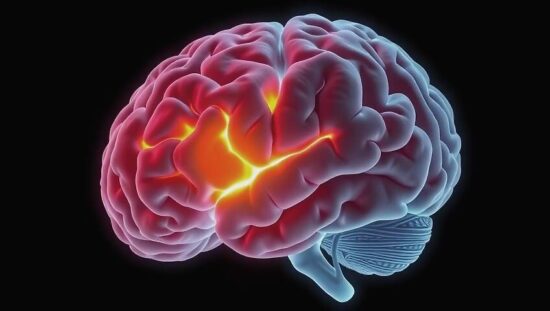Scientists have discovered that left-handedness or mixed-handedness is unusually common among patients with certain neurological conditions such as autism spectrum disorders. This observation may suggest that both handedness and the disorders are influenced by processes in early brain development, according to the international research team who made the discovery on Monday. In a comprehensive meta-analysis involving researchers from Bochum, Hamburg, Nimwegen and Athens, it was found that atypical handedness is particularly common among individuals who suffer from conditions that manifest early in life and are accompanied by language symptoms. These conditions include dyslexia, schizophrenia and autism. The findings were published in the journal Psychological Bulletin. The researchers analyzed existing meta-analyses and found that atypical handedness is associated with conditions whose symptoms are related to language. This may indicate that the development of handedness and language are closely linked in the brain. No correlation was found among people with depression, which typically occurs later in adulthood.





